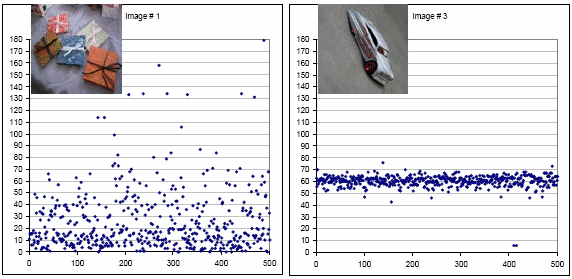You should insert customres, clients, etc for "users" in this article. It's easier to apply these lessons to your business if your a software provider. But, I'd argue that every company should be thinking about how to create or use software to capture processes between customers and your company. In short, everyone should be thinking like a software company. I bet there's a software company in your industry that is thinking about this stuff.
I've been thinking a lot lately about how software that faciliates a processes by lots of people can be used to extract massive amounts of data that can be used to further improve a process or make reccomendation for other users.
In other words, as we move our processes to web based software that is used by 1,000s or Millions of people, can the data be used strategically?
As an example, Google has a really interesting new solution to Captcha (Definition of Captcha.). Whenever, you're completing a form on the web and you're asked to enter a string of letters that are usually very difficult to read, that is Captcha. Lately, those strings of letters are becoming harder and harder to read. In fact, I've given up several times lately, as some have become nearly impossible to read.
Google has a really interesting solution to that. They've taken their vast libary of photos and ask people to orient them upright to prove that they're a human. This alone doesn't seem all that genius. It's kind of a natural obvious idea. But, what's really interesting is that they are quickly creating a library of photos with directional information attached. Again, not too crazy cool. Most people probably publish photos upright when they publish them to the web. However, what google has discovered is that with many photos, people don't always agree what is upright. For many photos it's impossible to tell which is upright. So, Google is tapping the collective wisdom to determine which photos have obvous orientation and which don't.

Again, this might not be all that useful beyond the purposes of creating a very cool and easier to use Captcha system. But, it certainly demonstrates the point about how data from user input can be aggregagated from a large number of people and used to make an application easier or more powerful for the next person that comes along to use it.
This isn't too far from what Google has done to rank websites. They take the liknks embedded in the web by humans to determine what web pages are most authoritative. But, with this system, they are building data that isn't available to anyone with a crawler, like links are. In fact, just like their ad network that determines what ads to display based on click through rate, this system takes user data to improve the system. This creates a competitive advantage for the system. It could even be called designing "lock-in" into a system.
I believe that data aggregation of user behavior and the lessons extracted from that data to improve the system will be a significant competitive advantage in next phase of web based software.
Do you have any interesting early proof of this in other systems?
